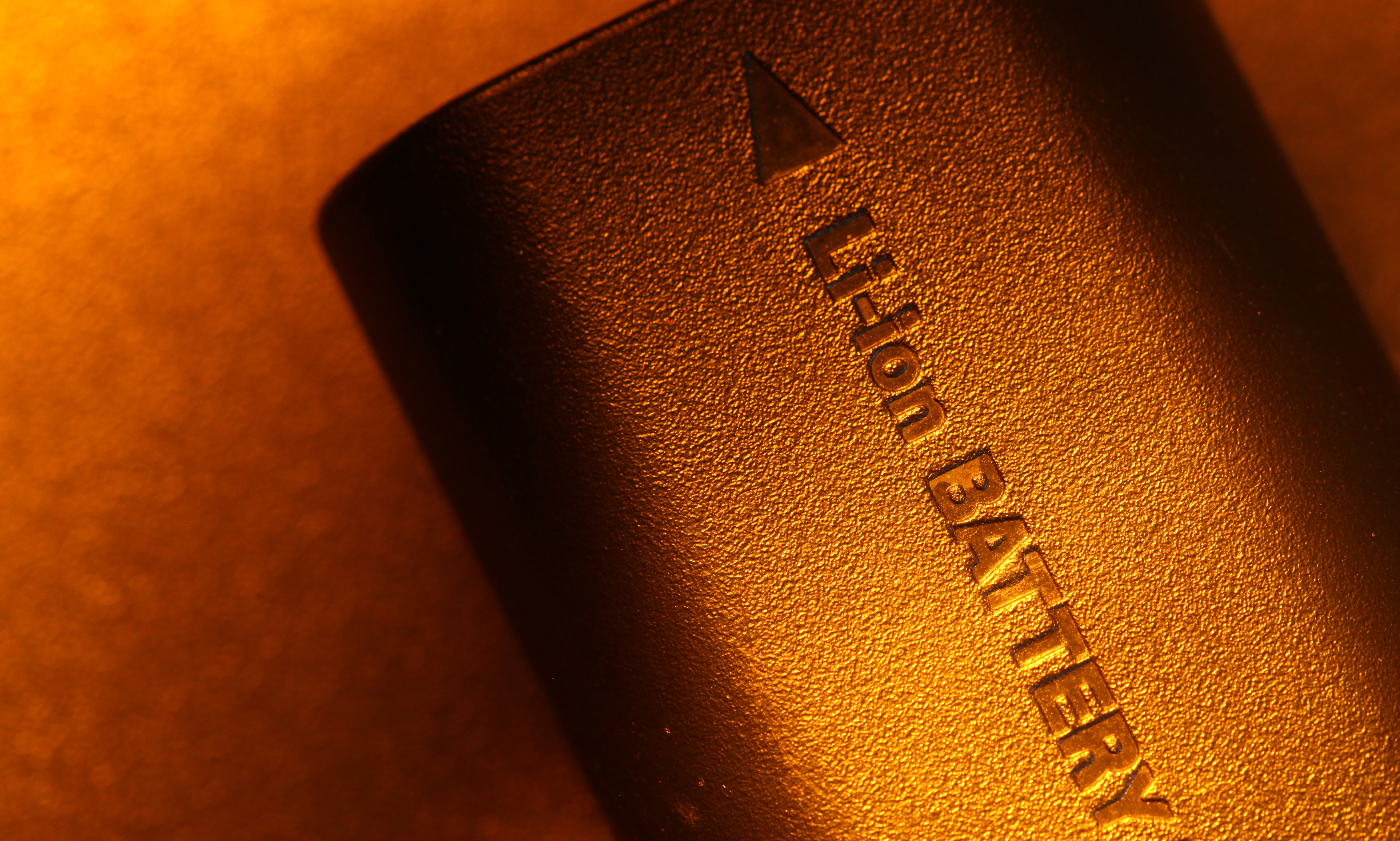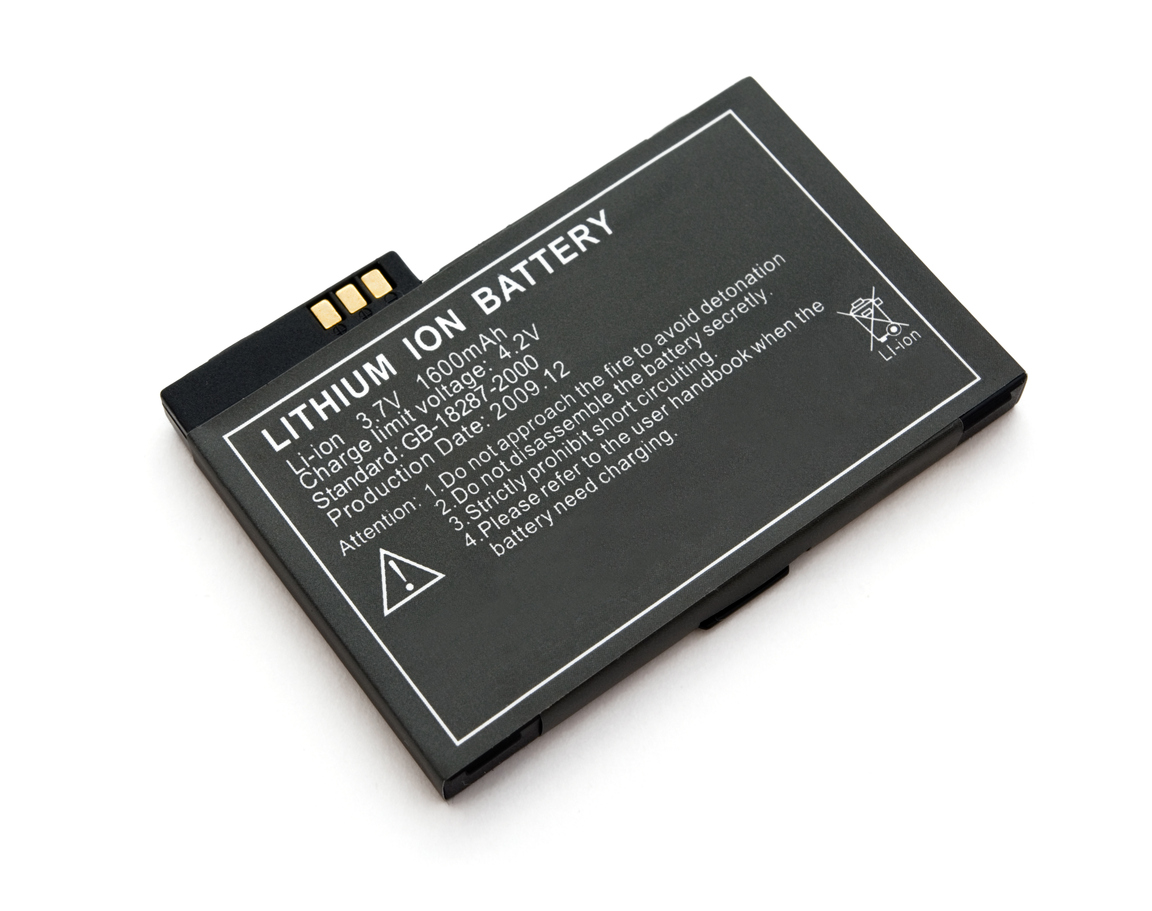
The Samsung Galaxy Note 7 has recently been in the headlines for safety concerns pertaining to its lithium-ion battery. Now, a lawsuit filed in California claims that the issues extend beyond the Note 7, and that many other generations of Samsung smartphones “pose a risk of overheating, fire, and explosion.”
While Samsung claims that the Li-ion safety issues are isolated to only the Note 7, researchers in the field of energy storage are still looking for a way to develop an efficient, non-combustible battery. CBS recently stopped by the University of Maryland to discuss just that with ECS member Erich Wachsman.
Watch the full CBS interview.
In an effort to build safer batteries, Wachsman and his group at the University of Maryland are focusing their research efforts on lithium conducting ceramic discs, which can handle thousands of degrees without any issues.
“Because it’s ceramic, it’s actually not flammable,” says Wachsman, director of the university’s Energy Research Center. “You cannot burn ceramic.”
(MORE: Listen to Wachsman discuss his work in water and sanitation.)
Since the rise of Li-ion battery safety in the news, Wachsman’s research has received more attention from industry. He and his group are currently working on scaling up the technology.
 The 2024 Battery Safety Workshop takes place at the University of South Carolina from Aug 5-6, 2024. Since 2022, this annual workshop has provided an informative and inclusive forum to discuss state-of-the-art research progress in the battery safety area. Attendees include scientists, researchers, and engineers in academia and industry to inspire collaborative and synergic efforts toward solving battery safety issues.
The 2024 Battery Safety Workshop takes place at the University of South Carolina from Aug 5-6, 2024. Since 2022, this annual workshop has provided an informative and inclusive forum to discuss state-of-the-art research progress in the battery safety area. Attendees include scientists, researchers, and engineers in academia and industry to inspire collaborative and synergic efforts toward solving battery safety issues. 


 Lithium-ion batteries power a vast majority of the world’s portable electronics, but the magnification of recent safety incidents have some looking for new ways to keep battery-related hazards at bay. The U.S. Navy is one of those groups, with chemists in the U.S. Naval Research Laboratory (NRL) unveiling a new battery, which they say is both safe and rechargeable for applications such as electric vehicles and ships.
Lithium-ion batteries power a vast majority of the world’s portable electronics, but the magnification of recent safety incidents have some looking for new ways to keep battery-related hazards at bay. The U.S. Navy is one of those groups, with chemists in the U.S. Naval Research Laboratory (NRL) unveiling a new battery, which they say is both safe and rechargeable for applications such as electric vehicles and ships.
